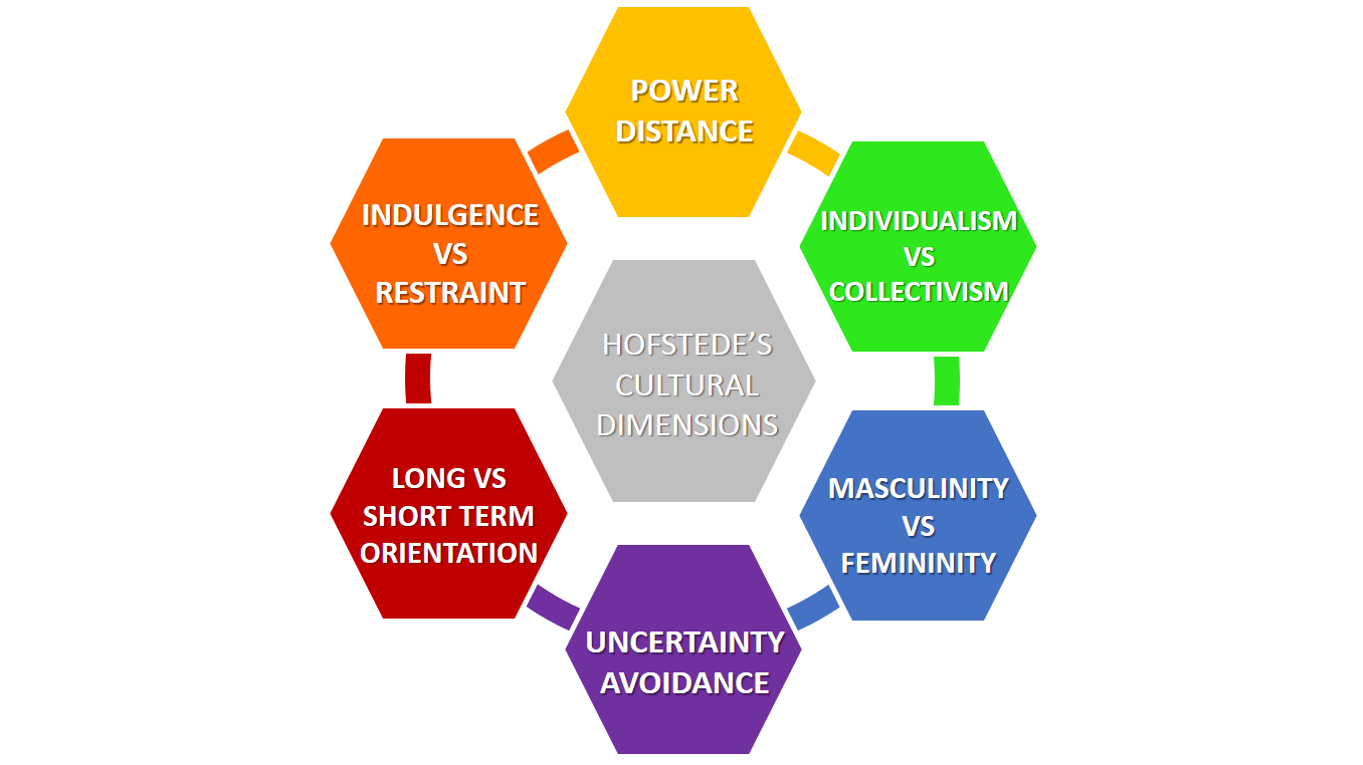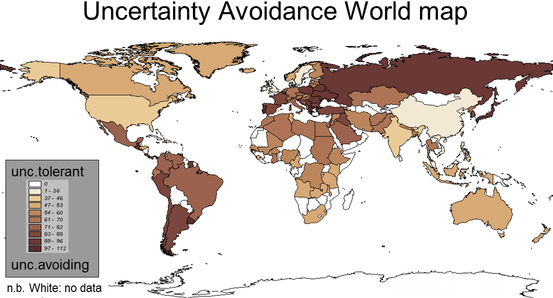01 Dec 2020
People from a country who tend to feel threatened by undefined situations or objects to a higher degree may consider the Traditional Chinese Medicine (TCM) as a less defined object and thus show a lower level of acceptance of TCM.
The above assumption of Dr. Xianwen Kuang and Dr. Rining Wei from the School of Humanities and Social Sciences (HSS) at Xi’an Jiaotong-Liverpool University (XJTLU) have driven them to work on an exploratory study on how a country’s level of “uncertainty avoidance” may correlate with how news media in the country frame TCM.
Uncertainty avoidance is part of a theory developed around 50 years ago by social psychologist Geert Hofstede to examine how culture affects values in general: The higher the uncertainty avoidance of a socio-cultural context, the more likely those in this context will fear or reject a product they feel uncertain about.
 The two academics spoke at the first seminar of HSS’s Medical Humanities Research Group in this academic year on November 17, 2020 where they presented their preliminary results of a research project, entitled “The international framing of Traditional Chinese Medicine: A content analysis of news reports from 10 countries”, funded by the China Outside Project Small Grants of HSS at XJTLU.
The two academics spoke at the first seminar of HSS’s Medical Humanities Research Group in this academic year on November 17, 2020 where they presented their preliminary results of a research project, entitled “The international framing of Traditional Chinese Medicine: A content analysis of news reports from 10 countries”, funded by the China Outside Project Small Grants of HSS at XJTLU.
In particular, according to the preliminary results, in countries with a high level of uncertainty avoidance, news media writing about TCM tended to use certain news frames, such as “professional qualification,” “responsibility,” and “leadership”, Dr Kuang said.
With the “professional qualification” news frame, news media might include more information about regulations on TCM practices, he said. With the “responsibility frame,” news media might attribute responsibility for problems (e.g. failure of a treatment) to a particular person or an organization such as TCM practitioners or clinics. With the “leadership frame”, the news media could quote “government leaders to give some explanations about why TCM is useful and why we should receive TCM treatments,” he said.
Dr Kuang and Dr Wei together called for further research. “In the near future, we could examine how can we explain different frame use and to what extent we could attribute this to the uncertainty avoidance index,” Dr Wei said.
The researchers indicated that they plan to hire more research assistants who are fluent in different languages to expand the sample. “We can look at South America - the uncertainty avoidance index is very high there; and also Japan, which is similar to China in terms of the culture but whose uncertainty avoidance index is very high too,” Dr Kuang remarked.

01 Dec 2020








